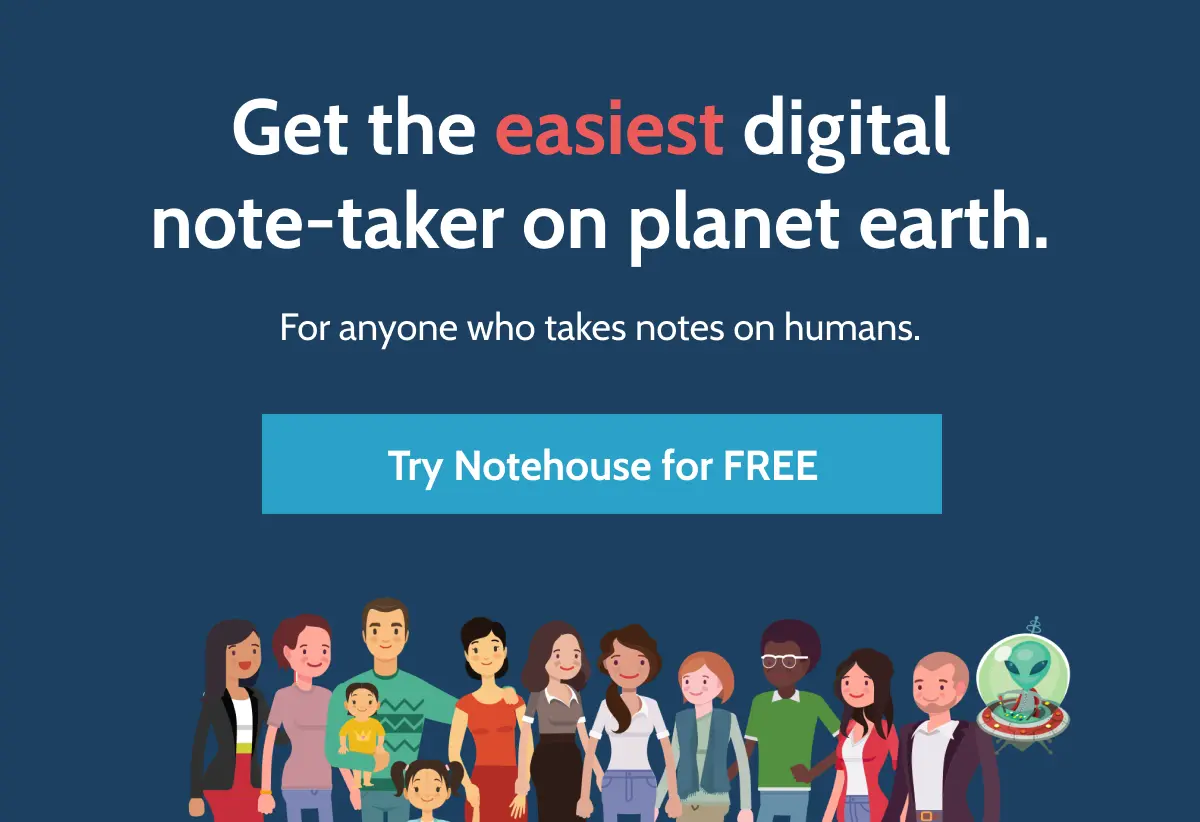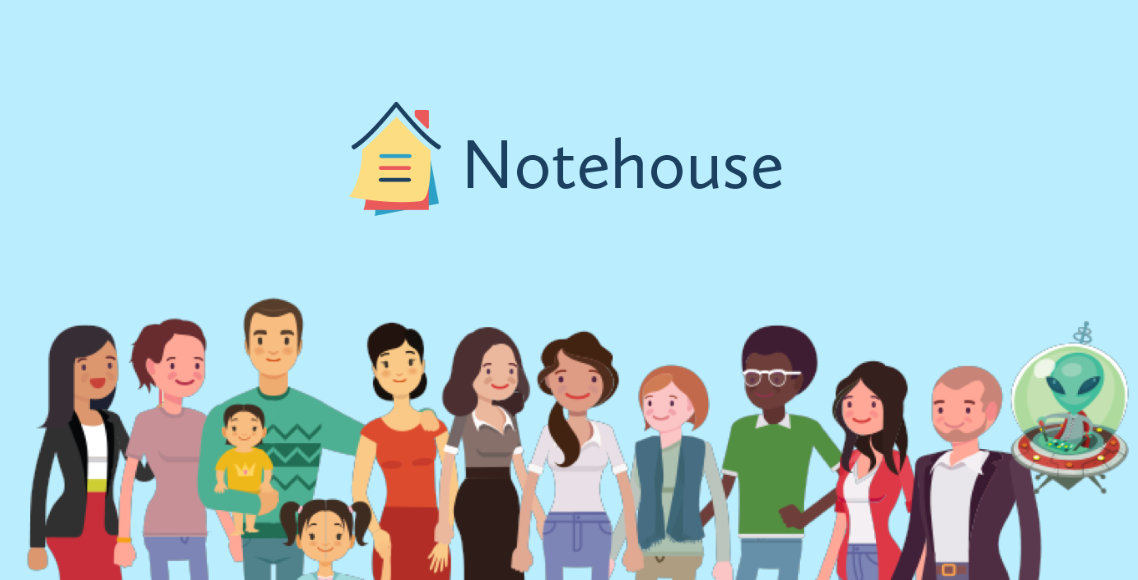Must-Have Features for Effective Social Work Software
%20.png.png)
We’ve all been there: staring at a clunky interface, desperately trying to input client data while the clock ticks away. Like so many social workers, you’ve probably endured the frustration of navigating outdated systems that seem to hinder your work more than help. But for social workers, every minute counts and every detail matters—so the last thing you need is a program that refuses to understand your needs.
It’s no secret that the tech landscape of social work can sometimes lag behind the times. We’re often obligated to use relics that feel designed for a different era, leading to inefficiencies, communication breakdowns, and missed opportunities to make a bigger impact. Here’s the good news: it doesn’t have to be this way.
This guide will help you understand your options so you can advocate for better tools and, ultimately, provide even better care to the human in front of you. We searched high and low, and our research narrowed down 4 key features we consider “must-haves” for social work software. Let’s start with the one thing every social worker yearns for: user-friendliness.
Intuitive User Experience
The old adage “time is of the essence” rings painfully true in social work. When you’re juggling multiple cases, being pulled into back-to-back meetings, and striving to provide the best care possible, every second counts. That’s why an intuitive user interface isn’t just a comfort—it’s a time saver.
Think about the very worst system you’ve used in your social work career. It probably took a dozen clicks to get where you wanted to go. There’s a good chance you often got lost, pushed the wrong button, or had to ask a colleague for help… and it wasn’t your fault. It was bad user experience design.
Good user experience isn’t just about making everything mobile-friendly and round. It’s about creating a natural and logical journey from point A to point done. That means clear labels, intuitive layouts, and a design philosophy focused on moving you forward.
Today, technology is intertwined with almost every aspect of our lives, so there’s no reason for social work tools to remain in the past. Prioritizing a user-first approach is the first step toward more effective workflows (not to mention a less frustrated staff!).
Customization and Adaptability
Every social work agency, organization, and even individual has unique methods, priorities, and strengths. A cookie-cutter approach to software often means you deal with unchangeable forms, awkward layouts, and filters or tags that make little sense in your role.
Remember the last time you wished you could tweak a category or add a specific note in the margins of a case file? Or the frustration of trudging through needless steps that clog your workflows and don’t align with your experience? Great social work software is cognizant of the unique approach each team embraces, which is why it offers true flexibility.
You should be able to tailor the platform to your specific needs, whether it’s creating custom tags, adjusting workflows, or personalizing forms. But you also don’t want to build everything from scratch. A good tool will give you options without forcing you to spend hours setting everything up.
For example, intakeQ lets you customize intake forms while also giving you a library of prebuilt choices. You can tweak the ready-made templates, or you can build your own from scratch. Similarly, Notehouse gives you the ability to customize unlimited tags, giving you unparalleled freedom to organize your notes however you see fit. Combined with its quick-access Side Bar, Notehouse makes finding what you need a truly individualized experience.
Reliable Security Measures
Every note, every detail, and every client interaction matters. And each one of these pieces of data deserves protection, not just from outsiders, but from internal mishandling. A single breach or mishap can not only jeopardize your professional reputation but, more critically, the health and trust of your clients.
Top-tier security is a must-have for two key reasons: first, you have to follow the law and protocols guiding your profession; and second, you have a responsibility to keep your clients safe from discrimination, personal damages, or persecution.
When you take notes during an especially vulnerable client session, the words you’re committing to a digital system have incredible power. When you speak with victims of ongoing trauma, they trust you to keep their honest experience safe.
This is why Notehouse has gone above and beyond industry standards to ensure rigorous data protection, using secure servers with the most robust encryption available. Our commitment to security is about more than the letter of the law—it’s about giving you and your clients the peace of mind to be fully present, truthful, and open.
Team and Collaboration Tools
Most social workers aren’t isolated. They have a team of colleagues, and working together is a fact of daily life. Whether it’s sharing crucial client information, coordinating meetings, or handling policy changes, teamwork is at the heart of what social workers do.
Yet, how often have you dug through a maze of emails, played phone tag, or chased a coworker around the office just to get a simple update? Or worse, discovered that the colleague in question never even began the task? These aren’t just minor inconveniences; they’re barriers to giving clients good care.
Good social worker software doesn’t take collaboration for granted. It should be built in from the start. Sharing notes, tasks, workflows, and even messages within the system—these are all elements of a great social work tool. Software like this doesn’t just give you the tools to communicate better, though; it allows you to embrace more transparency and shared responsibility.
A system like Casebook, for example, fosters this level of synergy by ensuring everyone is aligned and informed. Notehouse makes sharing notes easy and secure, allowing you to get time-sensitive info to the right people while keeping a close eye on who has access.
From Software Relic to Revolution
Every day you strive to make a difference, bring about real change, and lift those who can’t lift themselves. Unfortunately, you’re still dealing with some dusty old casework system from a bygone era. It’s time to ditch the antiques and get tools that aren’t just functional, but exceptionally effective.
As you urge your organization to adopt better social work software, remember these 4 key features: user-friendly design, adaptability, security, and collaboration. These core principles served as the design philosophy behind Notehouse, and it’s why we continue to advocate for better tools in the social work space.
We hope your team can equip themselves with the right tools—not just for yourselves, but for the countless humans whose lives you touch. Visit Notehouse to learn more about our note-taking platform that contextualizes, organizes, and manages every detail.
%20.png)

.png.png)
.png.png)
.png.png)